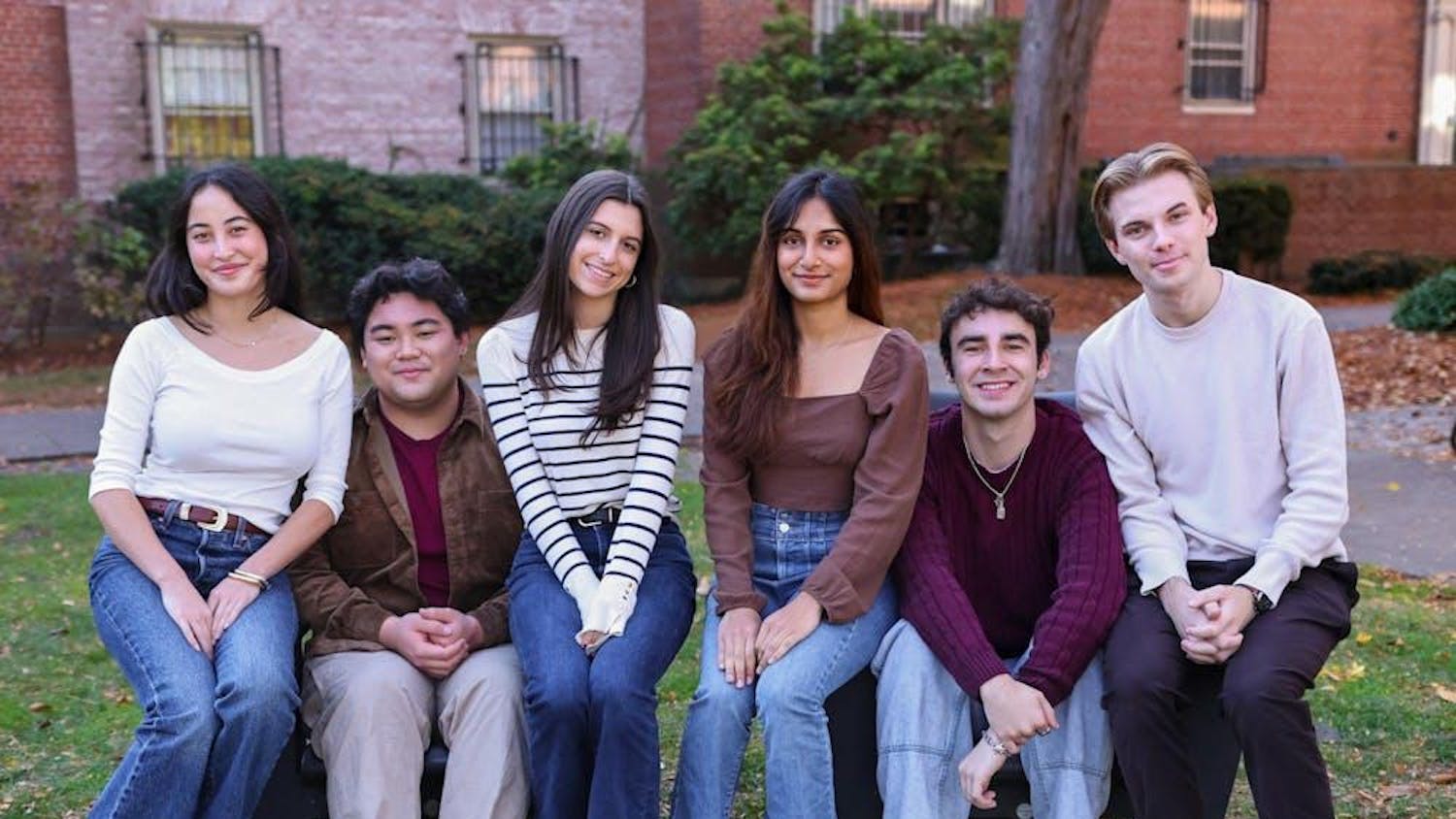Brown recently announced the formation of an ad hoc committee to investigate the University’s admission policies, including the use of standardized testing, early decision and — perhaps most notably — legacy preference. The committee’s role is to review data related to admission and to make recommendations on how to alter admission practices in the wake of the Supreme Court’s decision to end race-conscious college admissions. Composed of five members of the Corporation, four Brown faculty members, and Provost Francis J. Doyle III, the committee is poised to play a central role in one of the most pressing areas of University policy.
President Christina Paxson P’19 P’MD’20 acknowledged the gravity of this task in the official charge to the committee, which outlines the importance of this moment in which the University must assess whether it “is fully realizing its educational mission and upholding its commitments to academic excellence, equity, access and diversity.” We commend the University for taking these issues seriously and are glad to see potential action on admission. But the lack of a channel for current student voices is worrying.
Current students should play a role in guiding conversations about how future classes of Brown students are admitted. Their omission from this committee is not just a matter of nominal representation — it could dramatically alter conversations happening behind closed doors. The inclusion of a recent graduate, a former Undergraduate Council of Students president, is an encouraging but insufficient step. But what the committee must do, in order to best represent a range of attitudes on admission practices, is actively solicit input from current students and use their perspectives to inform policy recommendations — especially on widely discussed topics such as legacy admission.
Recently, an argument presenting legacy admission as a potential boon for institutional diversity has emerged. In the 21st century, as Brown alumni become more diverse, such practices might actually privilege children of alumni of color in the application process. A number of influential members of the Brown community have entertained the continued use of legacy admission as either a partial substitute for the now-defunct policy of race-conscious admission or at least as a matter of racial equity. Among them is Africana Studies Department Chair and Professor Noliwe Rooks, who holds a seat on the committee, as well as Associate Provost for Enrollment and Dean of Admission Logan Powell and Corporation trustee Xochitl Gonzalez ’99, who aren’t on the committee. As the ad hoc committee assembles, these perspectives will surely be given due consideration.
But there is another view no less important to admission discourse at Brown, one that aims not to reclaim legacy preference as a tool of racial equity, but to eliminate it altogether. Those who advocate for the end of legacy admission see the practice as a class-based form of affirmative action that, rather than opening doors for the historically disadvantaged, has functioned to consolidate opportunities for wealthy and well-connected students. We’ve called for the end of legacy admission a number of times for those reasons. Nationally, Generation Lab has found that 75% of current university students don’t consider legacy admission “fair.”
This is the view held by most of Brown’s current undergraduate student body. On campus, The Herald’s spring 2022 poll reported that nearly two-thirds of undergraduates believed Brown should not consider legacy status in its admission process. The results are similar when cross-tabulating by legacy, non-legacy and first-generation students. The past year has also seen groups like Students for Educational Equity and the Diversity, Equity and Inclusion Committee of UCS organize a rally of over 100 students to challenge the University’s use of legacy preference and standardized testing in admission. Without providing a formal channel for student voices in its ad hoc committee, Brown is denying a body that has largely and consistently held an anti-legacy viewpoint the ability to shape discussions that will define admission policies for decades to come. This is deeply troubling.
One might explain the committee’s hesitation to engage undergraduates in their deliberations by pointing to the fact that their position at Brown is temporary. After all, students pass through the University for only a few years; therefore, their concerns might be relatively short-sighted with minimal stakes in the University’s long-term health. But this could not be farther from the truth. Despite the transient nature of any one student’s time here, Brown is its student body. Fair consideration should be given to the voices of students — particularly when it comes to an issue like undergraduate admission. Shouldn’t the student body have a say in its own composition — and the admission fates of its children?
Even as a group that works in mainly administrative contexts, it would only benefit the ad hoc committee to develop formal avenues to solicit input from students as it proceeds to review admission data and policies. Established groups like SEE are a great place to start — such organizations are well-versed on topics of admission policy and have a clear point of view to share with the administration. But regardless of specifics, the committee should keep one thing in mind: We, the students, represent Brown — and we care about how the University represents us in turn.
Editorials are written by The Herald’s editorial page board and aim to contribute informed opinions to campus debates while remaining mindful of the group’s past stances. The editorial page board and its views are separate from The Herald’s newsroom and the 133rd Editorial Board, which leads the paper. This editorial was written by the editorial page board’s editors Kate Waisel ’24 and Devan Paul ’24, as well as its members Alissa Simon ’25, Rachel Thomas ‘25 and Yael Wellisch ’26.





